P. Diddy is the infamous rapper making all the waves this week. But Freak Offs are just one aspect of a disturbing story slowly coming into focus. That tale is one for the ages. To understand it, let’s travel back in time.
My personal connection to hip-hop goes back to the ‘90s. Thinking we were tough, my buddies and I used to blast Tupac classics, like “To Live and Die” and “Thugz Mansion” in our cars on the way to and from high school.
Before that, I watched Dr. Dre and Snoop Dogg’s “The Chronic” on MTV.
These weren’t the only gangsta rappers that supplied the soundtrack of our youths. Obscenity-laced tracks from Biggie Smalls, N.W.A., Bone Thugs-n-Harmony, Jay-Z, and Master P—to name a few—filled our musical mind space.
Later, when I lived in a fraternity, my pledge brothers and I played these tunes on our stereos as we got ready to go out for the night. We’d rap along with the misogynistic lyrics, reveling in allusions to drug-slinging and thug life.
In a word this was cool.
Question: Who benefits from young males idolizing hip hop moguls? Answer: The elites.
This grows ever clearer as we observe our crumbling society. It is
no accident that in the year 2024, we have little to no monoculture. Gone is the social cohesion and common values that once united us as a people. Here’s another personal example: Growing up, my friends and I watched the same shows—classics like Roseanne, Cheers, Seinfeld, The Simpsons, and Friends.
It would never have occurred to me then that these series bonded us to our fellow Americans, giving us a shared identity, connecting people in disparate states with shared values.
Let’s talk about some of those values.
A longer blog is required to explore how these shows also ravaged our culture. For now, I will give but one example. The more I awaken from mass media’s spellbinding, the clearer it becomes these shows also served programming purposes.
Homer Simpson and so many other patriarchs were presented as fat, bumbling buffoons—on purpose. They demoralized us to think of dads as morons, incapable of leading their families with either integrity or intelligence.
But back to Tupac.
A newly resurfaced 1988 video of the “gangsta” has been making the rounds at the same time Diddy is in the news for his own duplicity. To confirm, I grew up watching Tupac sporting bandanas and prison tats.
Flipping gang signs, he spat rhymes like this:
When I talk about money all you see is the struggle. / When I tell you I’m livin’ large, you tell me it’s trouble.
And this:
I’m not a killa, but don’t push me.
And this:
So many battlefield scars while driven in plush cars.
Watch the 1988 interview of Tupac and tell me if that guy looks or sounds at all like the gangsta America the music industry sold us in the 1990s.
Now for another story. Back in 2007, I was in meetings with Suge Knight to develop the movie that became Straight Outta Compton. (I interned at a studio interested in the life rights of the Death Row Records’ mogul.)
For two days, I listened as Suge told my boss and me the real scoop on rap. “Tupac is an actor,” he said. “So’s Dre, Snoop, Ice Cube, and Eazy-E. They’re not gangsters. They’re actors recruited to play parts. I’m the real gangster.”
Looking back, he’s probably right. These days, Suge is in prison for murder while Snoop shills with Martha Stewart.
If you take the time to watch Tupac’s 1988 interview—and I highly recommend you do—you’ll likely come to the same conclusion I reached: powerful people benefitted from creating a fake hip-hop culture promoting:
· Materialism
· Infidelity
· Misogyny
· Drugs
· Promiscuity
· Criminality
Once upon a time, hip-hop was presented in mainstream circles as edgy. In the 1980s, Tipper Gore led a crusade against sexually explicit lyrics from groups like 2 Live Crew who rose to fame for their song “Me So Horny.”
Culturally, we were meant to believe gangsta rap was forbidden fruit— just like in the 1960s, rocker Elvis Presley upset middle class America with his libidinous hip-shaking.
Isn’t it interesting that in both cases, major record labels signed these provocative acts? Profit motives prevailed, leading to mass societal acceptance.
These days, Elvis is not at all seen as shocking. Neither is hip-hop.
In fact, the latter has been embraced by what’s left of our monoculture. Usher performed in this year’s SuperBowl. Who performed in 2022? Dr. Dre, Eminem, Snoop Dogg, Kendrick Lamar and Mary J. Blige.
The year before, it was The Weeknd. Here’s a screen grab of some of the occult imagery on display—at the SuperBowl:
Zooming out, it’s clear the music industry is not the organic outgrowth of evolving market forces and artistic sensibilities. Rather, it represents a controlled effort to coerce society into accepting ever more dehumanizing, ever more demeaning messages. As Tupac’s resurfaced video reveals, its “stars” did not break in due to their monumental musical talent. They are little more than actors, handpicked to dismantle and atomize our culture.
Homer Simpson. Snoop Dogg. Dr. Dre.
These are our icons? These represent the zenith of artistic expression?
Author and social critic G.K. Chesterton realized the scam that was perpetuated on society long before hip-hop was ever wielded as a societal weapon. I will leave you with his words on this subject: “The new school of art and thought does indeed wear an air of audacity, and breaks out everywhere into blasphemies, as if it required any courage to say a blasphemy. There is only one thing that it requires real courage to say, and that is a truism.”




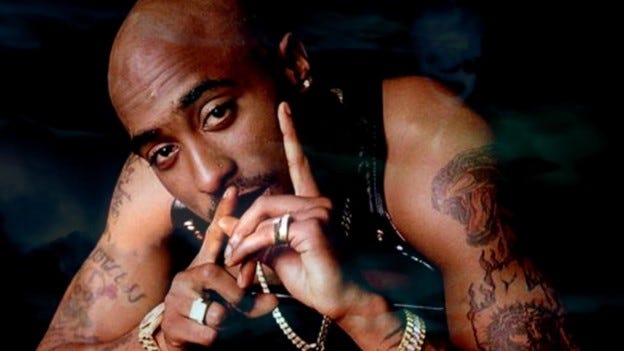
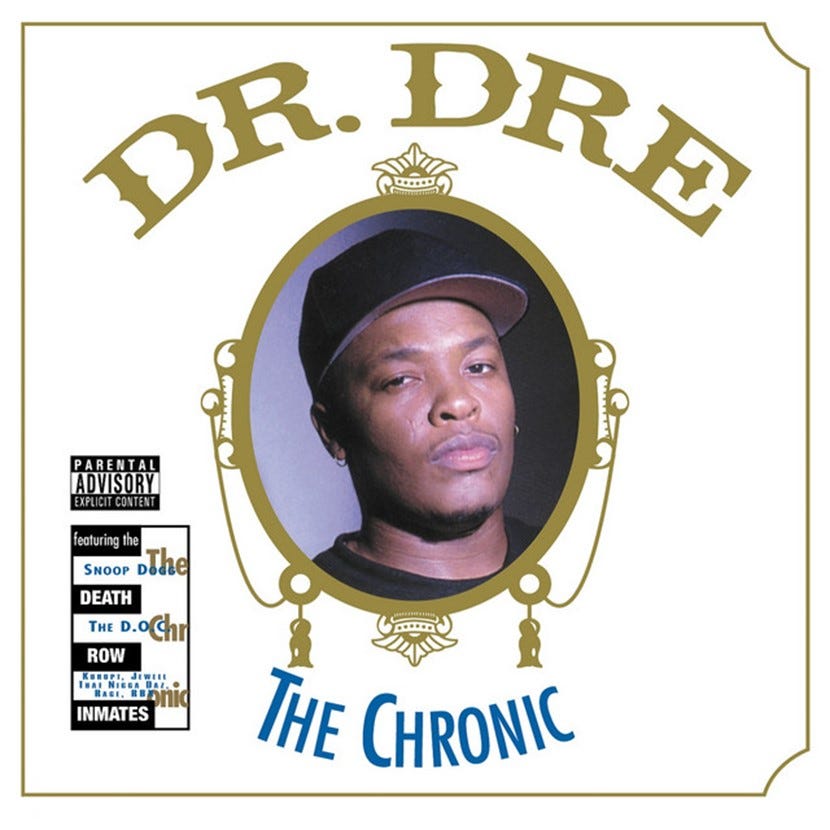
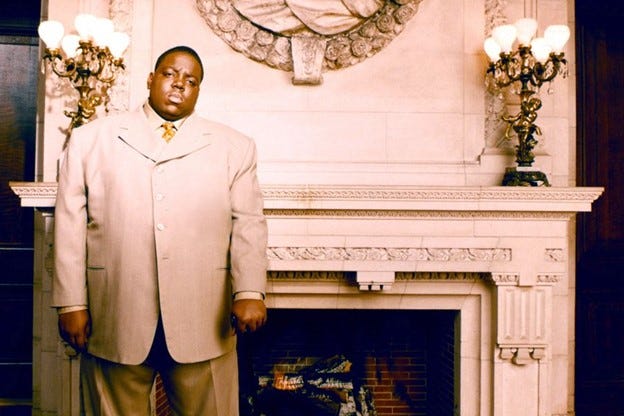
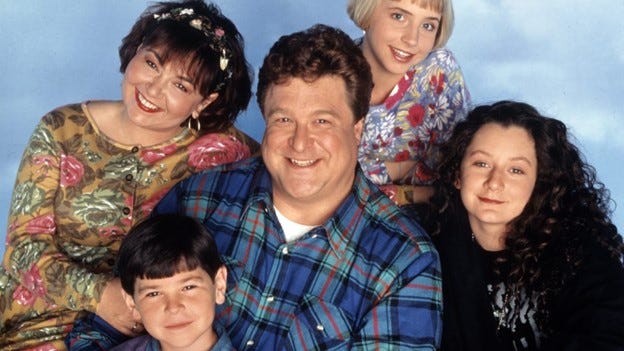
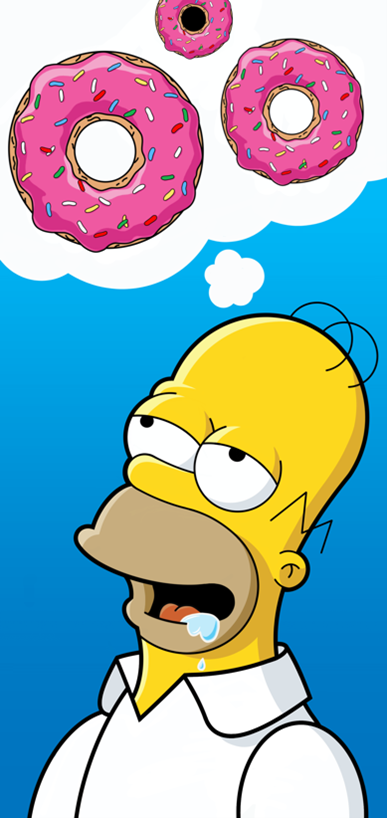
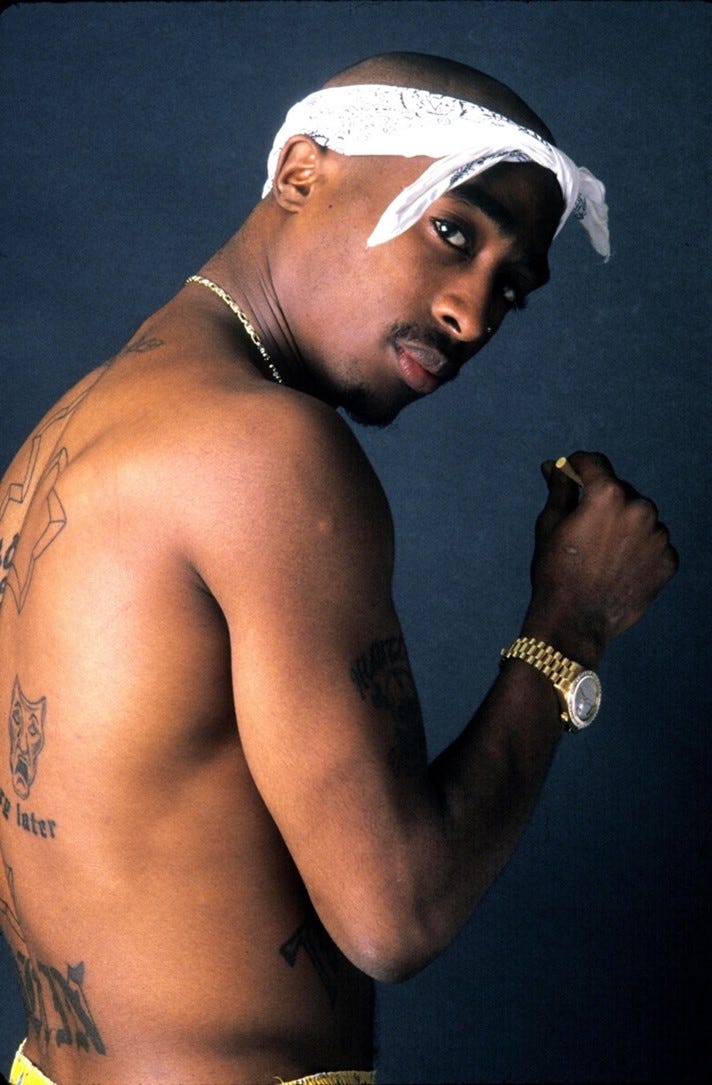
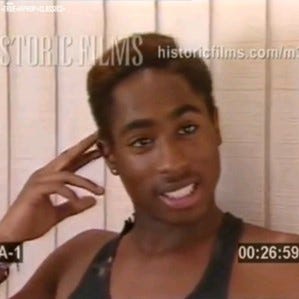
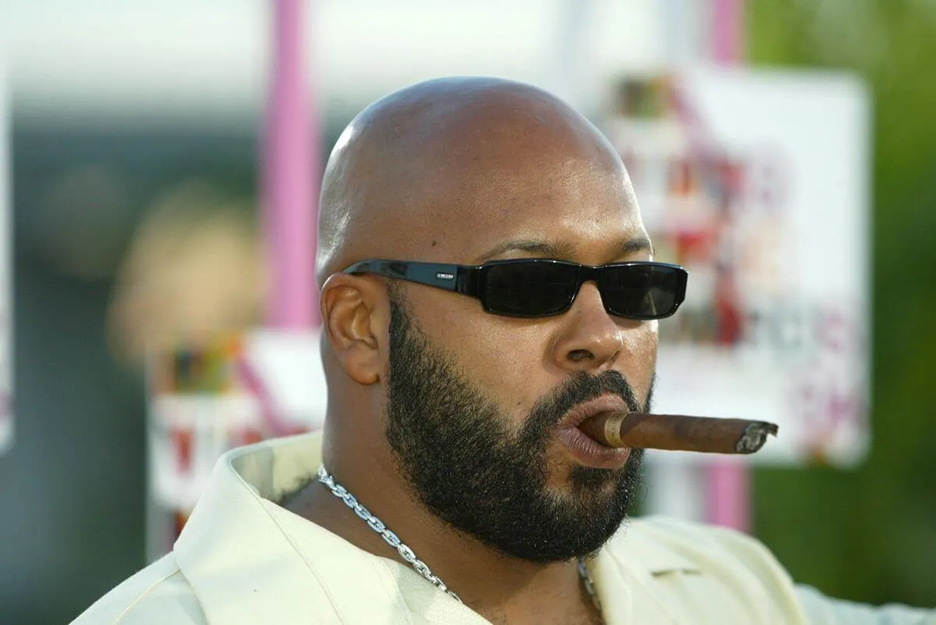
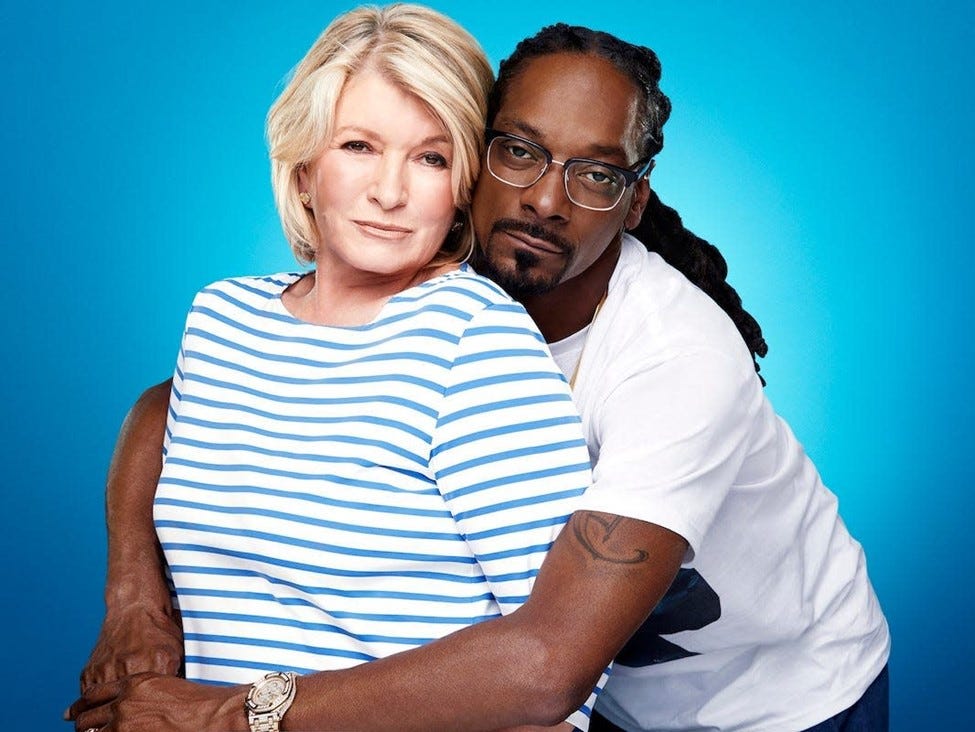

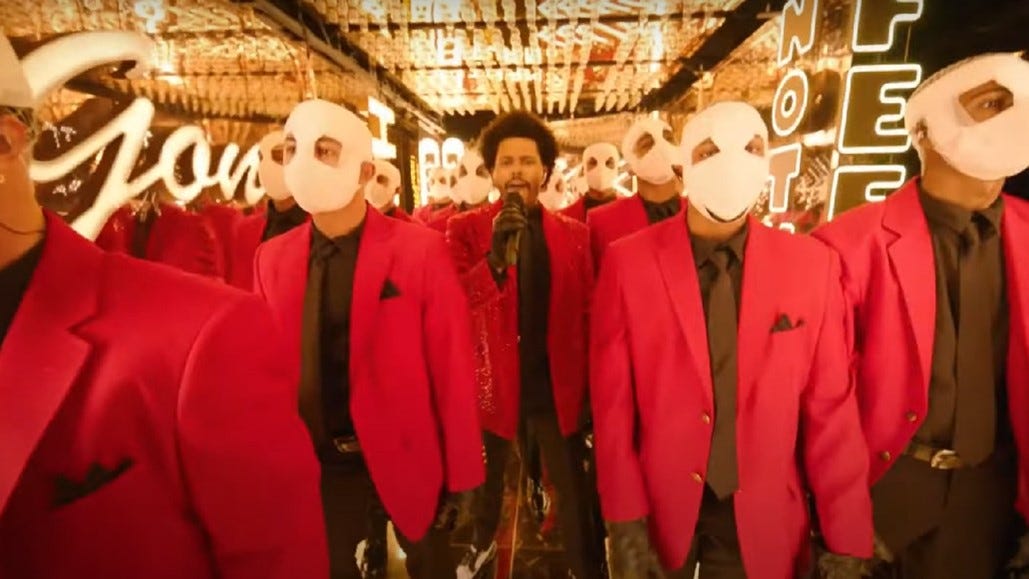
I appreciate that, Theresa. The truth has been hidden in plain sight. Example: nearly every rapper is also an actor: Snoop, Ice Cube, Diddy, etc.
Thanks, Amy! I feel like I am just waking up to all kinds of new lies every day.